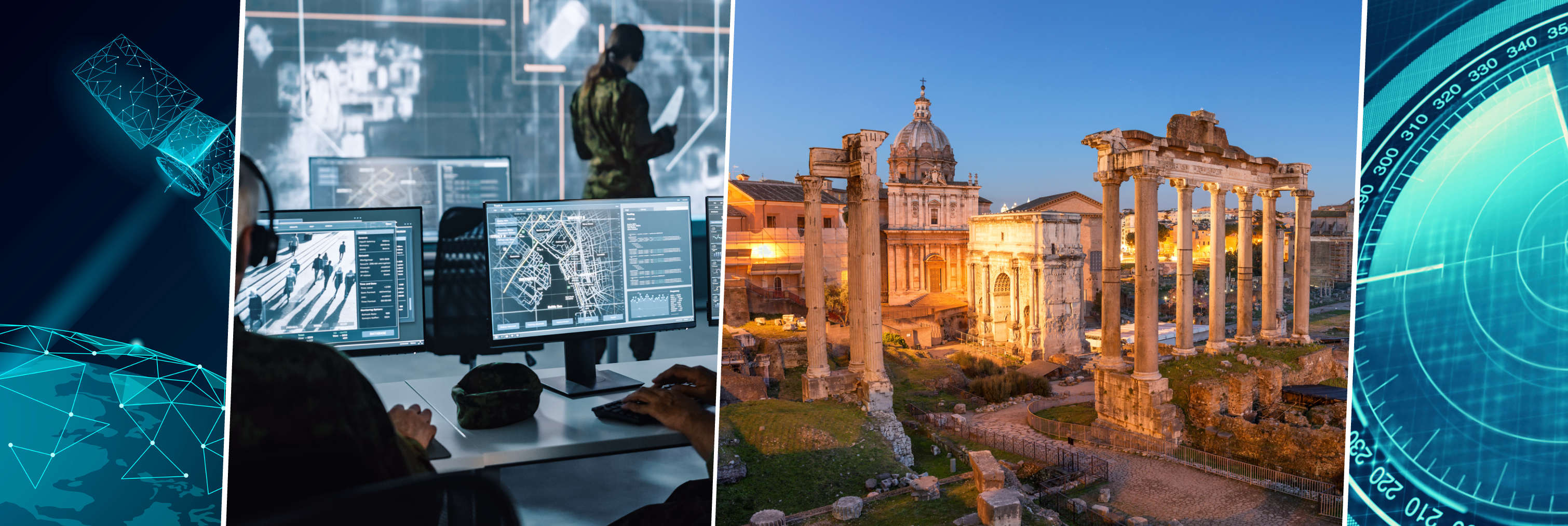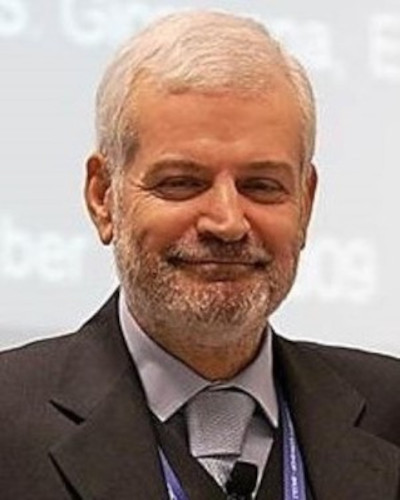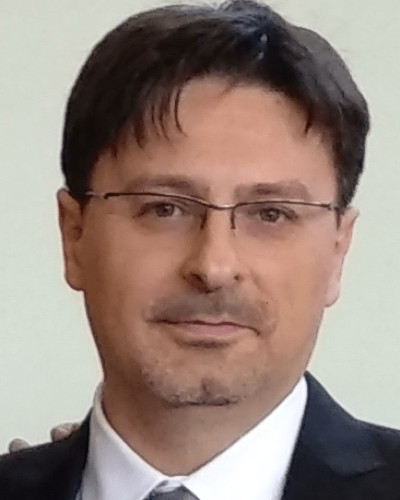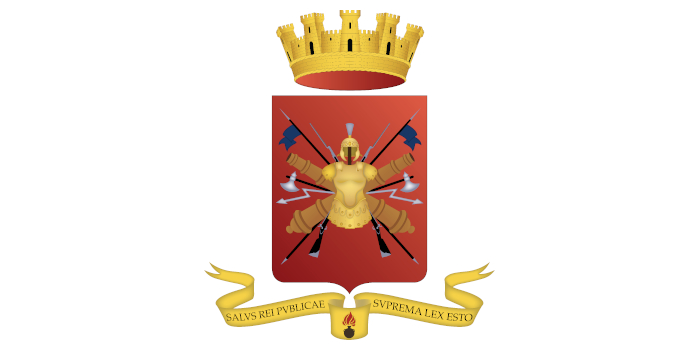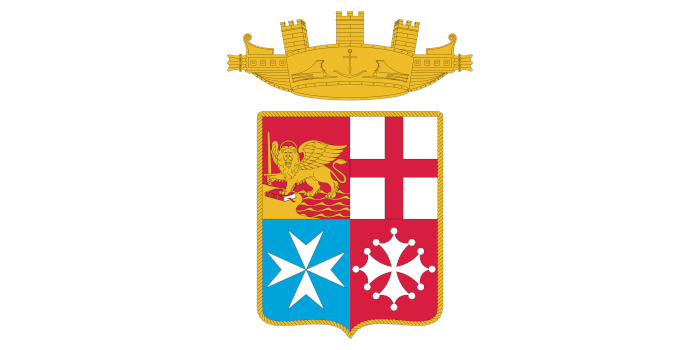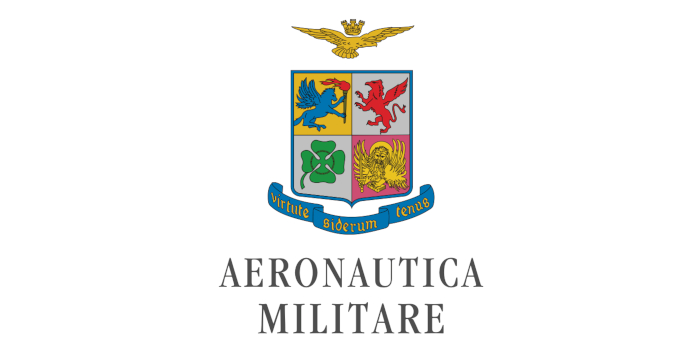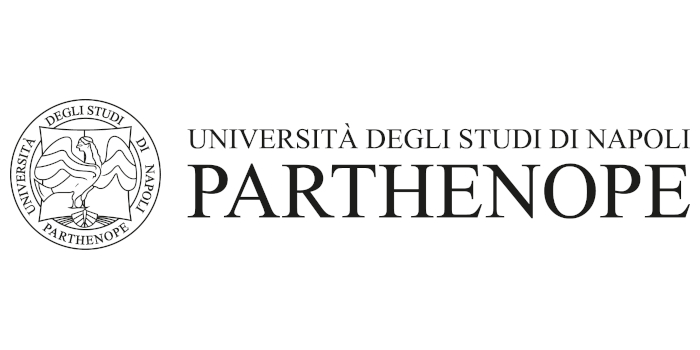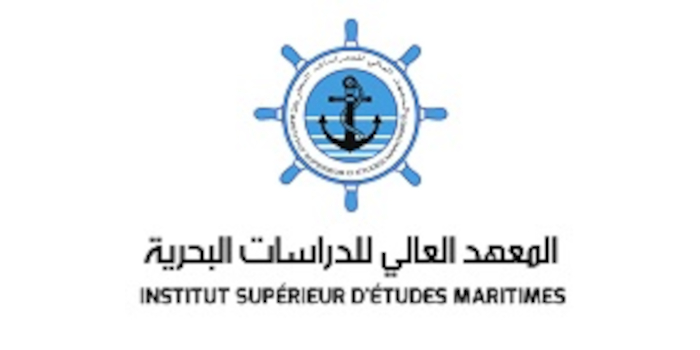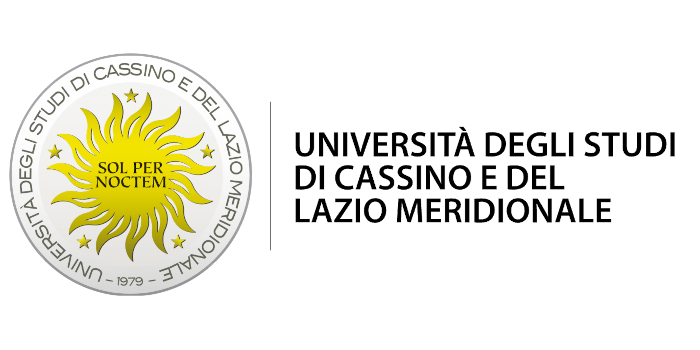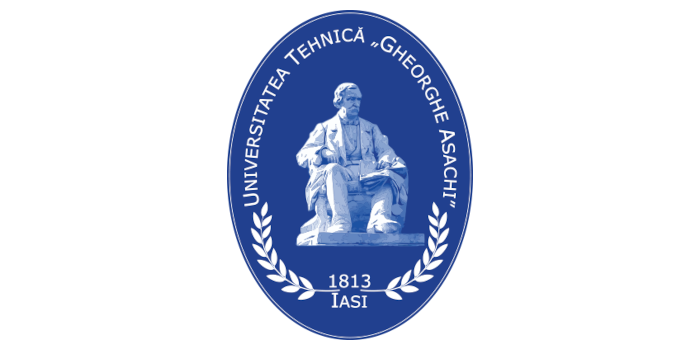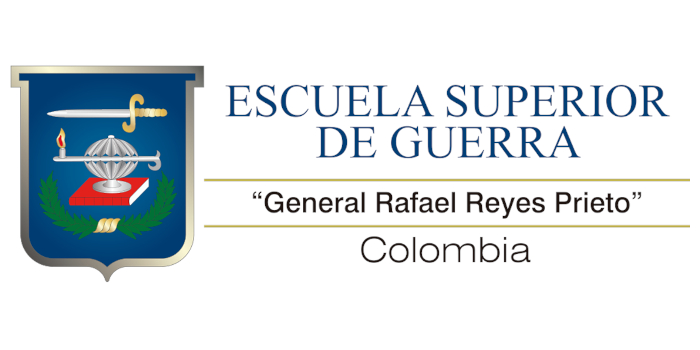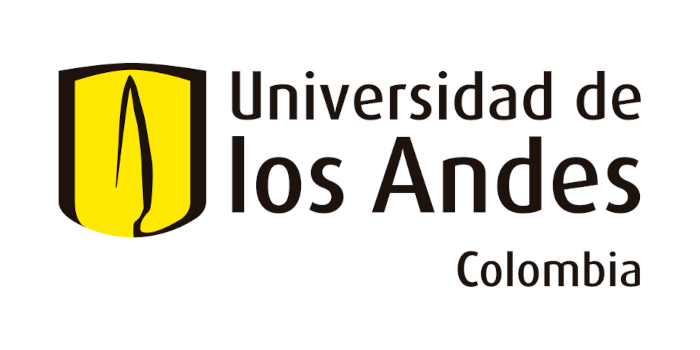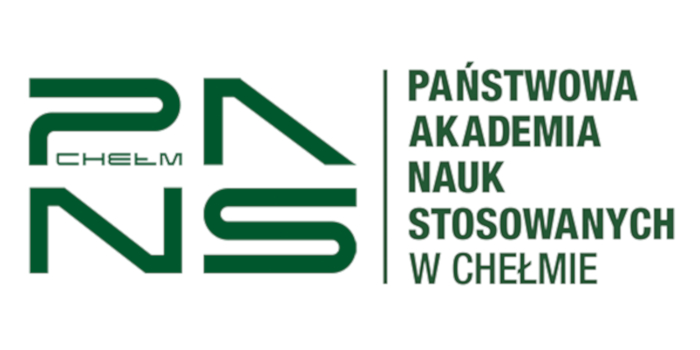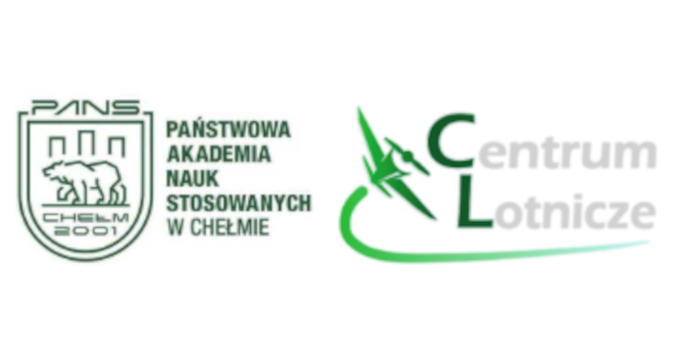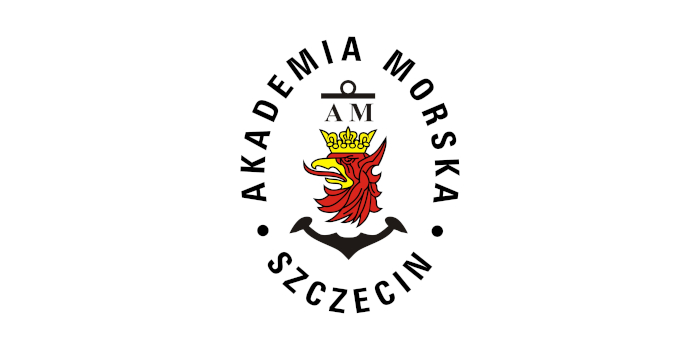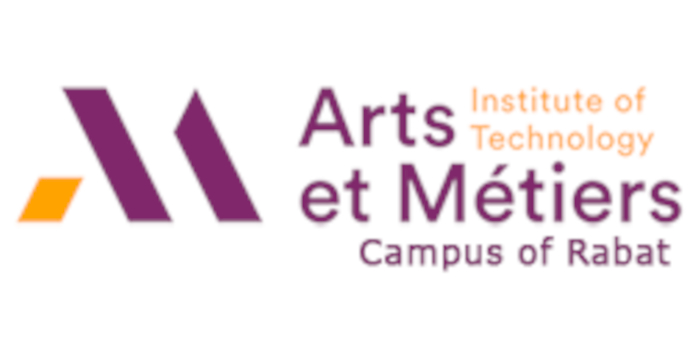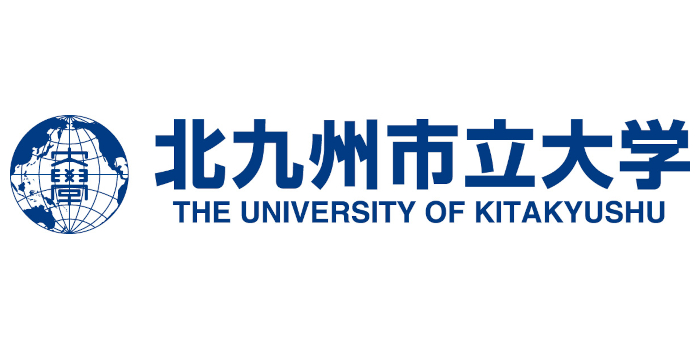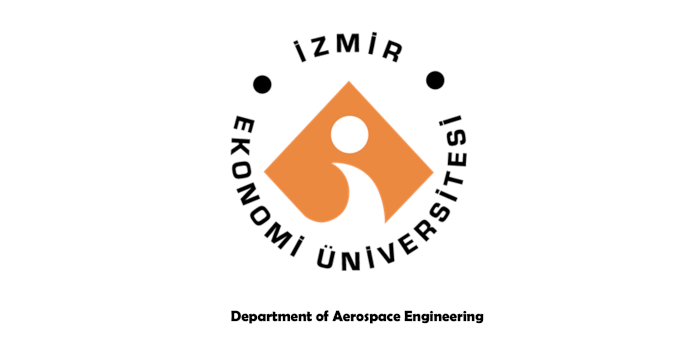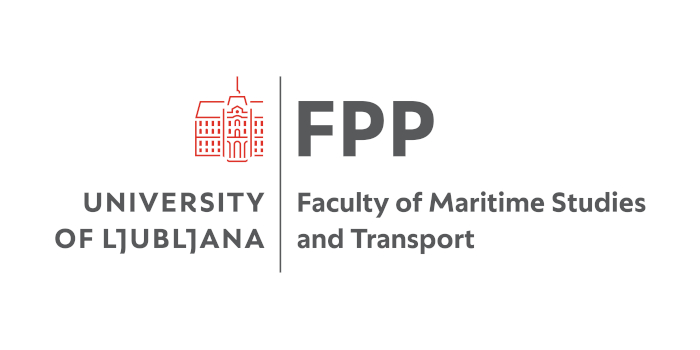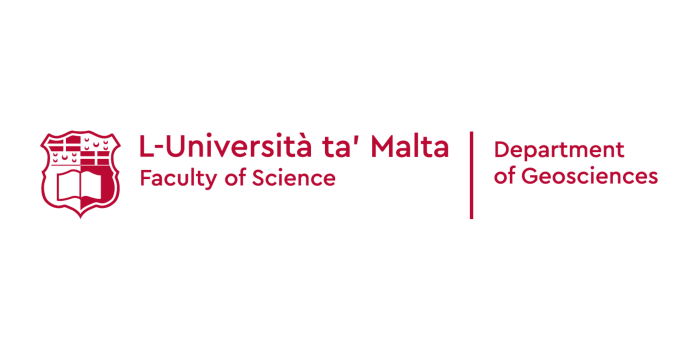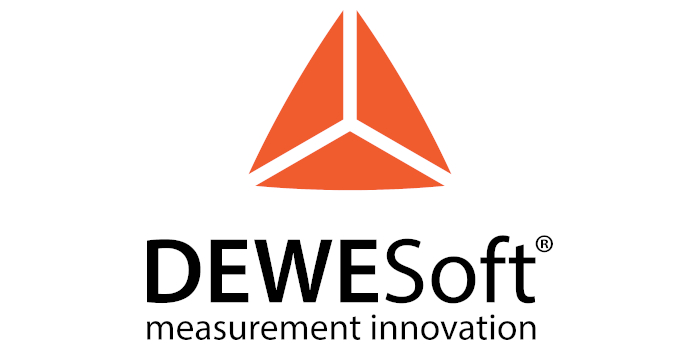SPECIAL SESSION #4
Advances in GNSS jamming and spoofing mitigation techniques
ORGANIZED BY
Alfonso Farina
Selex-ES (retired)
Salvatore Ponte
University of Campania "L. Vanvitelli", Caserta, Italy
Danilo Orlando
University of Pisa, Pisa, Italy
ABSTRACT
We are witnessing an increased interest in the development and integration of positioning, navigation, and timing (PNT) services into advanced receivers for a wide range of civil and defense applications. GNSS signals are especially vulnerable to radio frequency interference, due to their very low received power (-128.5 dBm and -127 dBm for GPS L1 signal and Galileo, respectively). The possible attacks to GNSS-derived PNT information are in the form of jamming (intentional interference which can disrupt the space signal from the various constellations, and can be injected in the GNSS bandwidth with cheap devices, such as jammers or software-defined radios) and spoofing (deceiving a receiver by broadcasting a fake GNSS signal with false constellation data and impairing stable synchronization and time readings). This is a major safety and security issue, since GNSS is embedded into numerous critical infrastructures and supports navigation in all phases of flight, as well as surveillance applications like ADS-B. Some regions (like MENA – Middle East and North Africa) are particularly vulnerable. Although in the last few years many jamming and spoofing detection methodologies have been devised, even on cryptographically protected GNSS signals, research on mitigation of malicious attacks is ongoing and is becoming an important topic for a modern world relying on mobile networks and navigation information.
This special session invites original contributions from the scientific community addressed to devise effective anti-jamming and anti-spoofing techniques with potential impact on GNSS constellations (in particular, the “GNSS quartet”, i.e., GPS, GLONASS, Galileo, BeiDou, but also regional systems such as NavIC and QZSS).
TOPICS
Topics of interest include, but are not limited to:
- Innovative jamming detection methodologies;
- Antenna-based solutions for advanced receivers;
- Performance measurement and experimental results related to interference cancellation;
- GNSS Signal processing methods for threat mitigation;
- Machine Learning/Deep Learning approaches to jamming and spoofing detection;
- Receiver-based solutions for integrity and availability check;
- Migration of methodologies (for example, radio fingerprinting) for spoofing detection;
- Techniques for mitigation of combined jamming/spoofing attacks;
- Reliability detection algorithms;
- Direction-finding algorithms and jammer localization;
- Use of SDR for jamming detection;
- Resilience reinforcement strategies for GNSS-dependent systems and infrastructure;
- Role of ground-based navigation systems in GNSS integrity and resiliency of PNT;
- Integration of navigation and ATC primary and secondary radars;
- Multipath mitigation techniques.
ABOUT THE ORGANIZERS
Alfonso Farina received the Dr. Ing. degree in electronic engineering from the University of Rome La Sapienza, Rome, Italy, and a PhD HC in ICT from the University of Palermo, Palermo, Italy. From 1973 to 2014, he worked at Selex ES until he became Senior Vice President (SVP) and Chief Technology Officer (CTO). Currently, he is President of the Leonardo Radar & Sensors Academy and President of the Underwater and Sensors Systems of the Leonardo Electronics Division.
Alfonso is a Fellow of IEEE, IET, Royal Academy of Engineering, Académico Correspondiente de la Real Academia de Ingeniería de España, European Academy of Science, and National Academy of Engineering (USA). Dr. Farina was a recipient of the Fred Nathanson Memorial Radar Award (1987), Finmeccanica Award for Innovation Technology (2004), IEEE Dennis J. Picard Medal for Radar Technologies and Applications (2010), Oscar Masi Award (2012), IET Achievement Medal (2014), IEEE SPS Industrial Leader Award (2017), Christian Hülsmeyer Award (2019), IEEE AESS Pioneer Award (2020) and the ISIF Yaakov Bar-Shalom Award for a Lifetime of Excellence in Information Fusion (2025).
His main best paper awards include the M. Barry Carlton of IEEE Transactions on Aerospace and Electronic Systems (2001, 2003, and 2013), the IET Proceedings on Radar Sonar and Navigation (2009–2010), and the International Conference on Fusion (2005).
A multifaceted engineer, scientist, and university professor, he is among the 2% top world scientists and one of the world's leading experts on radar systems.
Salvatore Ponte (member, IEEE) received his Laurea degree cum laude in Electronics and Telecommunications Engineering in 1991 (University of Naples “Federico II”, Italy) and his PhD degree in Aerospace Engineering in 1995. He is currently Assistant Professor at the Department of Engineering of the University of Campania “Luigi Vanvitelli”, Aversa (CE), Italy, where he teaches “Aerospace Avionics Navigation Systems”, “Remote Sensing” and “Satellite Navigation and GNSS”. He has authored or coauthored more than 70 scientific publications on peer-reviewed international journals and conference proceedings, book chapters and co-editor of Special Issues (MDPI) of books devoted to autonomous UAV/UAS navigation. He is scientific reviewer of 20 international journals (IEEE Access, IEEE Transactions on Geoscience and Remote Sensing, IEEE Transactions on Aerospace Electronic Systems, MDPI, IET, Elsevier) and he has been member of scientific committees of various national and international conferences.
Since 1995 he has been PI or Co-I of different national and international research projects, also participating in summer schools and Masterclasses on radar and ground-based and satellite-based navigation as an invited speaker, presenting lectures on various topics related to radar, air traffic management, navigation, positioning and timing (PNT) systems. He plays a role in consulting and training for various Italian companies, and since 2022 he is member of the advisory board of Leonardo’s Radar & Sensors Academy (Leonardo Company, Rome, Italy). His research activities concern avionics navigation systems, remote sensing image processing, radar processing, GPS/GNSS applications and data processing, and innovative configurations for UAV/UAS systems.
Danilo Orlando (Senior Member, IEEE) received the Dr. Eng. degree (with honors) in computer engineering and the Ph.D. degree (with maximum score) in information engineering from the University of Salento (formerly University of Lecce), Lecce, Italy, in 2004 and 2008, respectively. From 2007 to 2010, he was with the University of Cassino (Cassino, Italy), engaged in a research project on algorithms for track-before-detect of multiple targets in uncertain scenarios. From September to November 2009, he was a Visiting Scientist with the NATO Undersea Research Centre, La Spezia, Italy. From 2011 to 2015, he was with Elettronica S.p.A. engaged as System Analyst in the field of electronic warfare. From 2015 to 2024, he was an Associate Professor at a University of Rome, Italy. From 2024, he joined the Department of Information Engineering, Università degli Studi di Pisa, Pisa, Italy, as an Associate Professor. In 2007, he has held visiting positions with the Department of Avionics and Systems, ENSICA (now Institut Superieur de l'Aeronautique et de l'Espace (ISAE)), Toulouse, France, and from 2017 to 2019, with the Chinese Academy of Science, Beijing, China.
He has authored or coauthored more than 210 scientific publications in international journals, conferences, and books. His main research interests include statistical signal processing with more emphasis on adaptive detection, target classification, clutter mitigation/estimation, and signal-processing-related ECCM techniques. He is the Secretary of the Italian Chapter of IEEE Aerospace and Electronic Systems Society. He has been area Chair for Radar Signal Processing in IEEE Sensor Array and Multichannel Technical Committee. He is member of IEEE Sensor Array and Multichannel Technical Committee, IEEE Signal Processing Theory and Methods Technical Committee, and EURASIP Signal Processing for Multisensor Systems Technical Area Committee. He also was a Senior Area Editor for IEEE Transactions on Signal Processing and an Associate Editor for IEEE Open Journal of Signal Processing. Currently, he is Associate Editor for IEEE Transactions on Aerospace and Electronic Systems, EURASIP Journal on Advances in Signal Processing, and Remote Sensing (MDPI).

